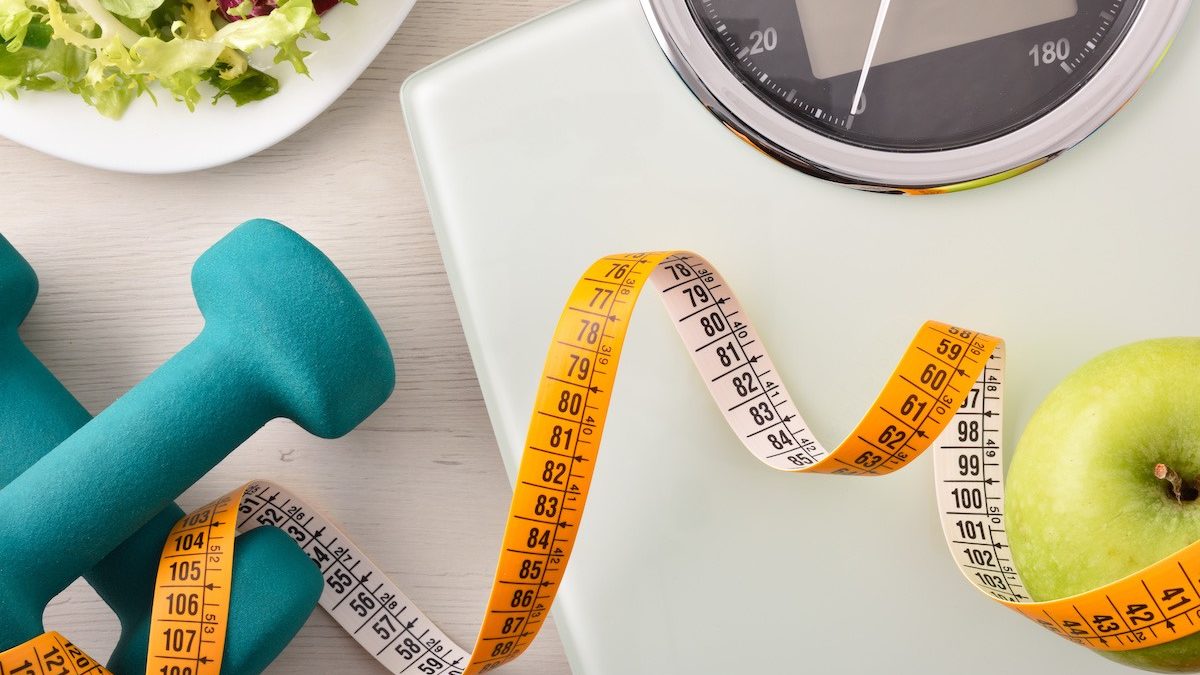Is a Meal Replacement Diet Effective and How Do They Aid Weight Loss?

While all the recent hype around them and their increasing use in diets might make you think they’re a pretty current invention, meal replacements have existed in one guise or another since the early 20th century. Some would trace this history of meal replacements back to Plasmon — a dry, soluble granulated, cream-white powder first reported in the 1900 edition of British medical journal The Lancet to have been used to build up hospital patients in Germany. Other meal replacement historians might instead look to Tang — a drink mix with 100 percent of your RDA of vitamin C that was used by early NASA crewed space flights.
Form’s own vegan meal replacement, Peakblend, has been on our roster since last year, and has proved to be a popular addition with customers. We don’t see Peakblend as a diet tool though, even if some of the ingredients like MCTs from coconut oil have the potential to promote the feeling of fullness in the body. Rather Peakblend is just a great-tasting, nutritionally complete (26 vitamins and minerals), plant-based meal for when you need more than a protein shake.
But what if you were to use Peakblend, or any other meal replacement, as a diet tool? How effective would it be? Well, a recent study on meal replacement diets and their effect on weight loss throws up some interesting takeaways to inform you on your meal replacement journey.
Meal Replacements Diets
Many diets designed for weight loss are predicated on the idea of portion control. Within this meal replacement diets represent a promising strategy — offering all the nutrients you would need from a meal while minimising and restricting calorie intake. Despite this promise, research on the effect of meal replacement diets on weight loss is fairly scarce.
Published in the Journal of the Academy of Nutrition and Dietetics by a group of clinicians and researchers from South Korea, the study we’re focusing on here is a systematic review of 22 intervention studies using meal replacements which attempts to finally reach some concrete conclusions on meal replacement diets.

The Study Findings
What did this review say then? Well, first, the small print. The calorie content of the meal replacements used in the studies ranged from 270 to 1,200 calories a day, while the meta-analysis contained data from 1,982 overweight adults between the ages of 18 and 65 across eight different nations, offering a good range of data.
When compared to conventional diets the effect of diets using meal replacements in these studies had a small effect, but there was no difference shown when compared to very-low-energy diets.
Consuming a higher percentage of your energy intake from meal replacements (more than 60 percent) had the most pronounced effect when compared to food-based diets, while diets with less than 30 percent of total energy intake coming from meal replacements didn’t lead to any significantly greater weight loss than food-based diets. Likewise, three meal replacements per day had a bigger effect size than two meals per day, with meal replacement diets overall having a weight loss advantage over food-based diets.
Conclusions
So the main takeaway here is meal replacements can aid weight loss, but you’re going to have to drink an awful lot of them when compared to the rest of your diet in order for it to have this effect. Dieting using meal replacements does have the added benefit of simplicity too though, something not to be sniffed at when faced with ever-complex diets like the keto diet, which can increase adherence to energy restriction longer term. The results of the review back up this suggestion as the effect of meal replacements was more pronounced when they were taken as three meals a day over two.
The review also stresses that meal replacements that are fortified with minerals and vitamins can ensure adequate nutrient intake, something that can be a struggle on conventional calorie restriction diets. Our conclusion? While meal replacement diets can be effective, they’re best used exactly as the name suggests — to replace a meal when you’re on the go.
If you’re looking to improve your health, lose weight and keep it off, this 7-day course on sustainable weight loss by Dr. Aria Campbell-Danesh, DClinPsy, is a comprehensive starting point to help you shift your mindset and make real, sustainable, long-term changes to your actions.


















